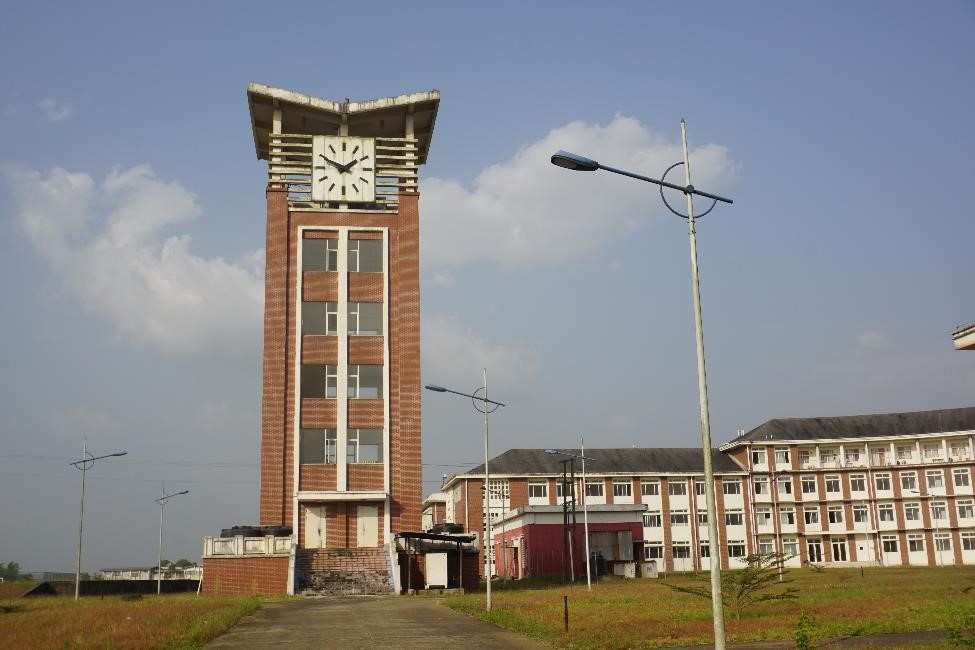MONROVIA, Montserrado – The University of Liberia Student Union has welcomed the decision by the House of Representatives to revert the proposed increase in tuition at the university this semester.
The lawmakers on Wednesday voted to allocate an additional US$1.3 million to settle remaining financial requirements at the university. The body also agreed that the university should halt fee increases and maintain its previous tuition of L$175 (US$1.94) per credit this semester.
One of the lawmakers who is also a professor at the university, Richmond Anderson, said it is the sole responsibility of the government to fund the 85 percent of the university’s budget.
The Montserrado 12th District representative said the students should not be the ones to bear the financial burden of the university’s budget.
ULSU President Daniel Woart described the decision as welcoming.
“This decision is welcoming, and that has been the goal of our advocacy as student leaders,†he said.
Woart also said the tuition increase was not necessary at this time. “It tends to put several students out of school,†he noted.
The university’s administration has not commented on the matter.
At the same time, the university’s head of the board of trustees, Sen. Jewel Howard Taylor, said she is unable to comment on the issue right now.
The administration has announced that students who have planned courses should attend classes until they complete paying their fees by late June.
The decision is probably based on low turnout by students to complete registration.
The ULSU president said up to date, only 6,000 out of the more than 30,000 students of the university have completed registration.
The decision by the representatives is subject to concurrence by the Liberian Senate before becoming effective.
However, Woart said students are getting positive signals from the senators that they would agree on the decision of their colleagues at the lower house.
The UL Board of Trustees, before the commencement of the registration process in March, endorsed tuition increases to US$4.00 per credit hour at the undergraduate level and from US$55 to US$75 at the professional and graduate levels. The change, however, did not affect the medical and pharmacy schools.
The increase was announced despite resistance from students.
The state-run university had complained that it suffered a budget deficit of more than US$17 million.
According to an earlier statement issued by the university’s authorities, the Liberian government was contributing US$15 million against the university’s originally proposed US$29 million budget.
The UL acting board chair told reporters at a news conference on March 22 that following several discussions, the board agreed to the increases.
“The projected revenues to be generated will be applied to [the] reduction of annual budget deficits, improve UL libraries, maintain ICT infrastructure, including internet connectivity and staff and student development, among others,†Senator Taylor disclosed.
UL President Emmett Dennis urged the students to make their contribution towards improving the university by paying the US$4.00.
UL Comptroller Jarsuoh Jackson cited staff improvement, painting of buildings left unattended to for decades, and internet connectivity currently at its “test phase” to be used by staff and students as some of the needs for the remaining financial requirements for the university.
Jackson argued that other universities in the country are requesting higher fees per credit hours.
According to him, state-run Tubman University in Maryland County is charging US$5 per credit while private institutions like Cuttington University, Stella Maris, United Methodist University and African Methodist Episcopal University charge US$35, US$25, US$15 and US$17 respectively.
Outside of Liberia, he says universities are charging higher fees per credit, compared to what is being protested against at the University of Liberia.
Featured photo by Jefferson Krua


